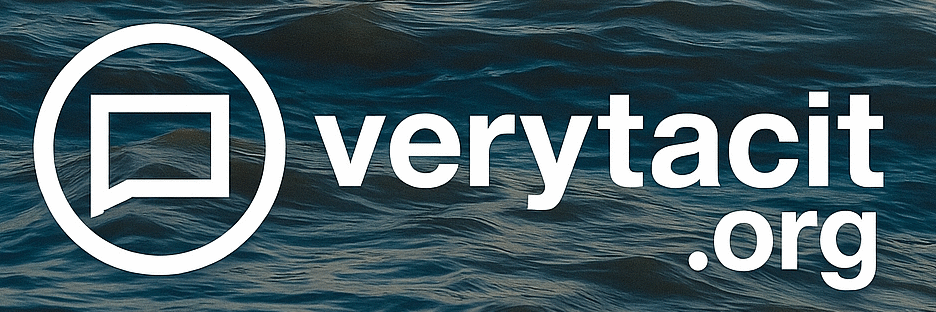We live in a world spinning under the weight of powers eager to exert strength, claim influence, and manufacture meaning from above.
Washington, Beijing, Brussels, Moscow—even New Delhi—compete to impose frameworks, systems, doctrines.
Everyone wants to be the center.
Everyone wants to speak.
No one wants to listen.
And least of all, to look at themselves.
Yet what the world most needs today is not another power, not another treaty, not another coalition.
What it needs is a mirror.
A gaze capable of reflecting the absurdity of the game, its aesthetic violence, its toxic repetition.
And that mirror cannot come from the center.
It can only come from the edge.
From the South.
Not the South as victim. Not the South that begs for market access or diplomatic recognition.
Not the South with bowed head and recycled rhetoric.
But the South that observes, thinks, and dares to name the imperial choreographies without needing to imitate them.
Uruguay—a country without expansionist vocation, colonial past, military strength, or geoeconomic ambitions—can be that mirror.
Not because of weakness, but because of freedom.
When you’re not required to win, you’re free to understand.
And when you’re not obliged to dominate, you’re free to think beyond the script.
This isn’t neutrality.
It’s strategic lucidity.
From this eccentric vantage point, we can see, for instance, how artificial intelligence has ceased to be a tool and become a form of cognitive domination.
In the North, it’s celebrated as “progress,” while it scripts emotions, elections, purchases, even friendships.
In the South, we still know how to tell the difference between innovation and servitude.
We can also see how “wars for democracy” are really wars over symbolic representation.
Ukraine is not just geography—it’s a screen on which the West plays out its self-image.
Gaza is not just a conflict—it’s a theatre of asymmetry.
And here, far from those battlefields, we can recognize both narratives as disciplinary mechanisms, not paths to understanding.
And so we can offer something different: a narrative that doesn’t aim to conquer truth, but to host complexity.
A voice that doesn’t seek to monopolize meaning, but to raise questions.
It’s not about competing with powers—it’s about dissolving the logic of competition as the only mode of global being.
From the South we can say the unspeakable: that the system is exhausted.
That the UN is decor.
That the dollar persists through inertia, not trust.
That digital platforms have replaced states as architects of desire.
And that democracy, without information ethics or perceptual sovereignty, is little more than a hollow ritual.
Who else can say this without paying the price?
Who else can think it without turning cynical?
Our marginality can be our advantage.
Our irrelevance, our refuge.
Because when you have nothing left to lose, you can try the impossible: to tell the truth.
The world doesn’t need another power.
It needs another narrative.
One that doesn’t impose order, but exposes structural chaos—with elegance.
A storyline capable of interrupting the automatism of power with irony, precision, and clarity.
Uruguay can be that.
Not a beacon.
Not a summit.
A mirror.
And in that reflection, the world may see itself as it is: overwhelmed, fragile, absurd.
And perhaps, finally, something new can begin.
From the South.
Not downward—but inward.
For all.
Tacitus Australis | Montevideo | August 2025
No posts found!
